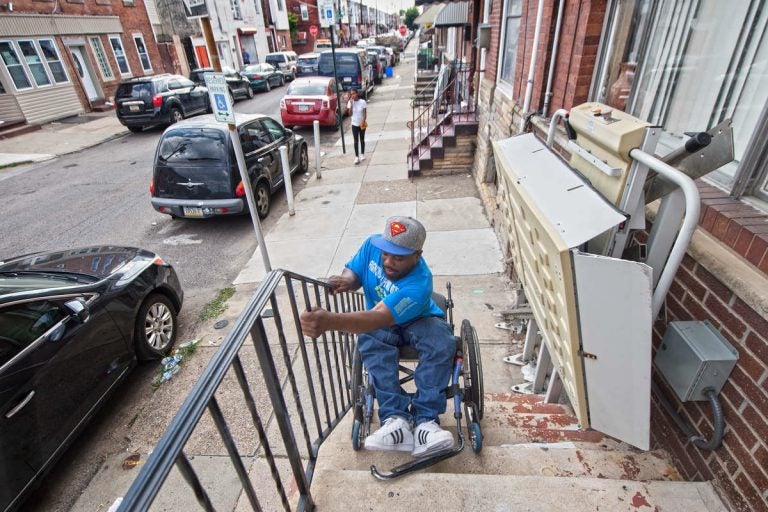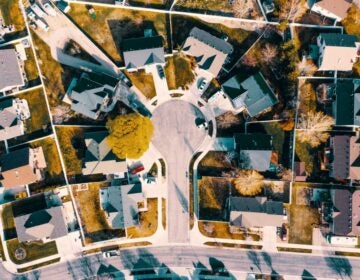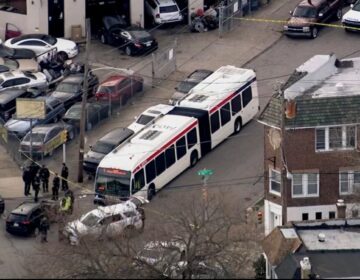Wounded and waiting: Why many gunshot survivors don’t get the help they need
For survivors of gun violence, long-term help in overcoming new physical and financial challenges is not always easy to find after leaving the hospital.
Listen 14:08
Rodney Whitmore of South Philadelphia was shot and paralyzed in 1995. When his wheelchair lift is broken, he tilts his wheelchair backward and lowers himself down his front steps so he can get to work. (Jose F. Moreno/Philadelphia Inquirer)
What happens when gunshot survivors leave the hospital? For many, the road to recovery is blocked by a long list of financial, physical, and emotional barriers. On this episode of The Why, Philadelphia Daily News reporter David Gambacorta and columnist Helen Ubiñas tell us why survivors of gun violence often don’t get the help they need.
WHYY is your source for fact-based, in-depth journalism and information. As a nonprofit organization, we rely on financial support from readers like you. Please give today.






